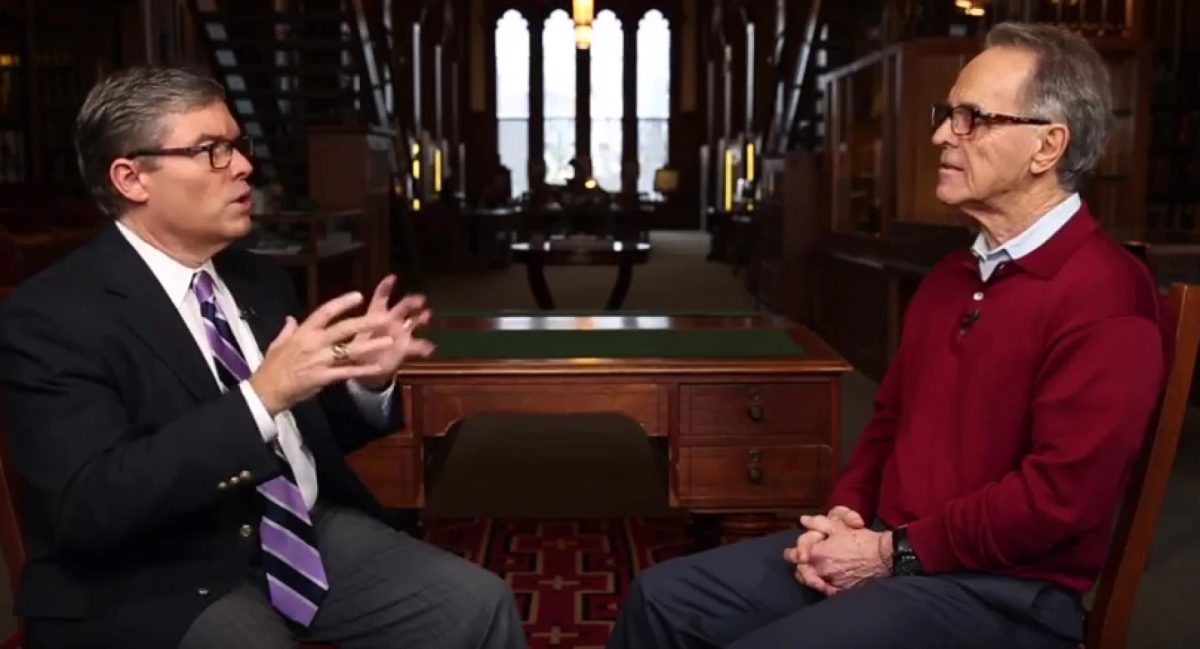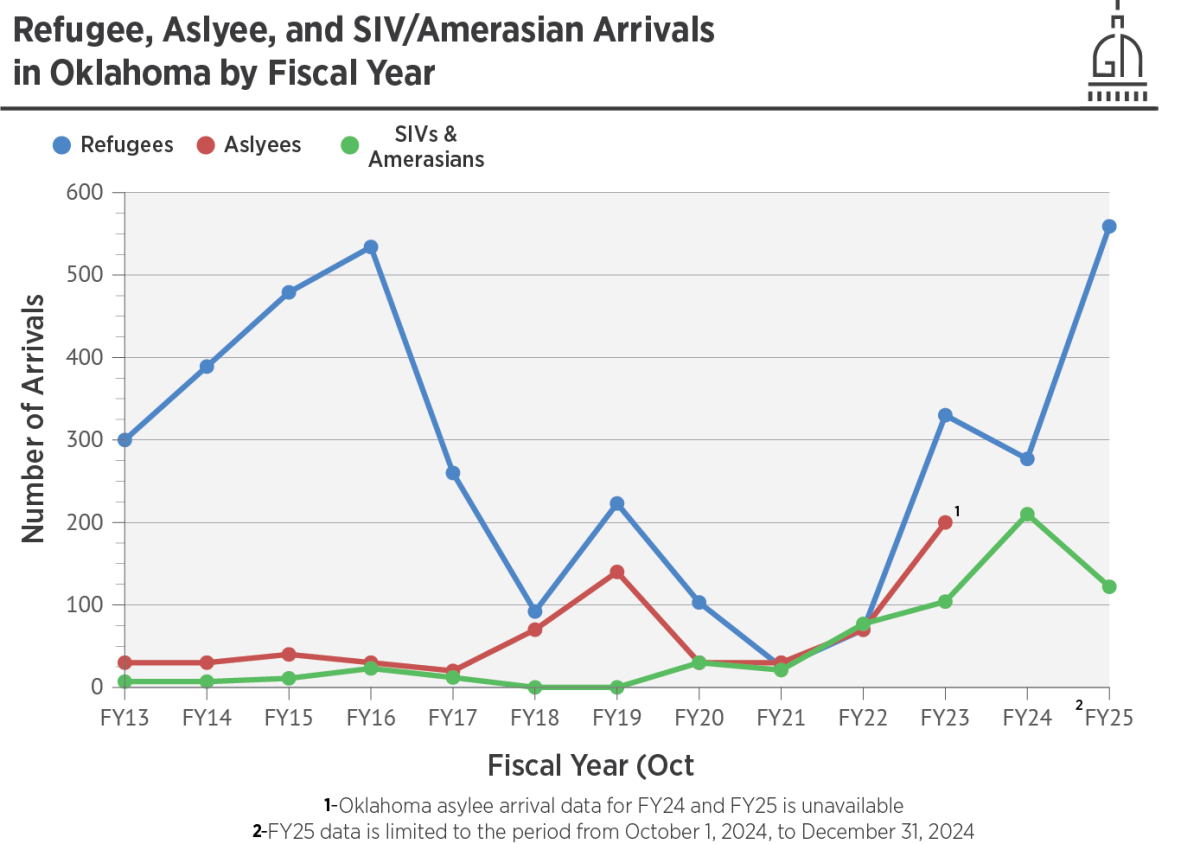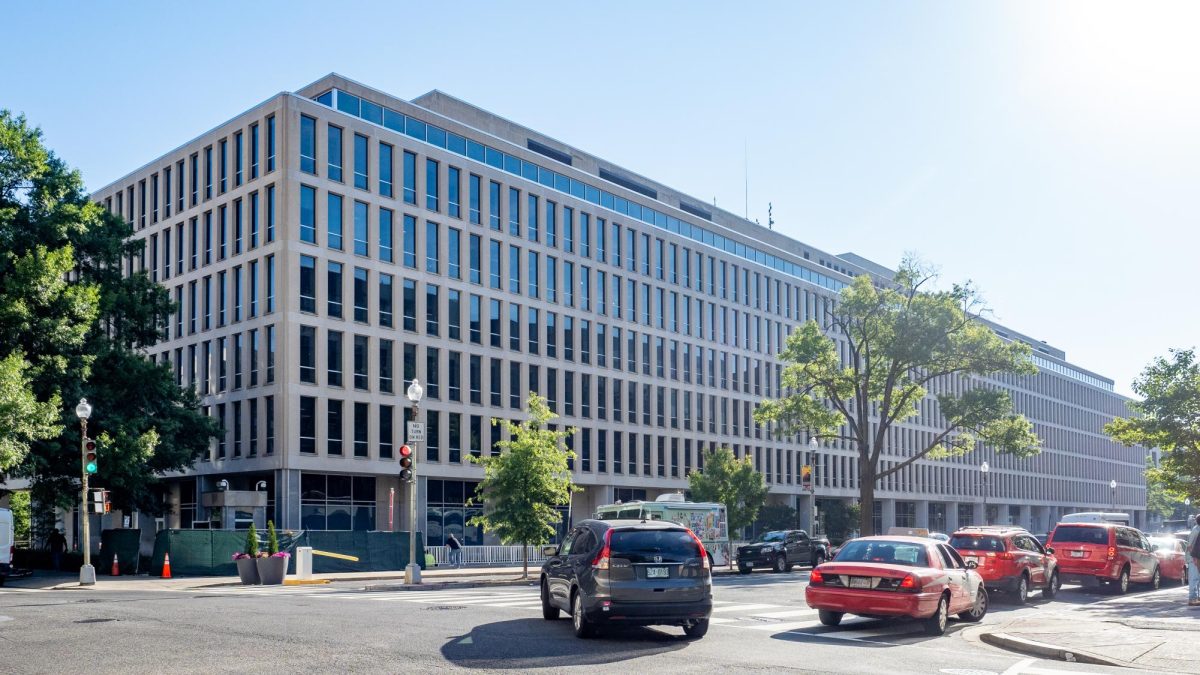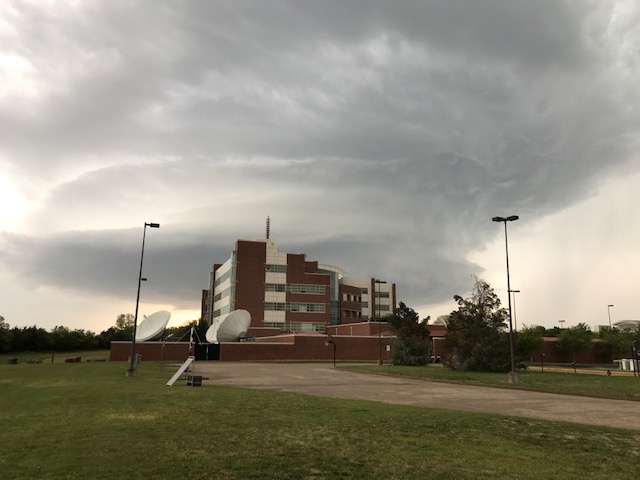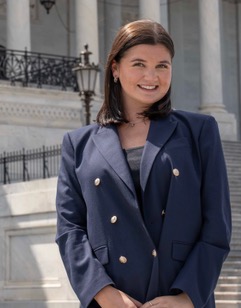WASHINGTON – The House passed the rescission package Thursday afternoon in a 214–212 vote, with all five Oklahoma representatives voting in favor of the funding cuts.
While largely supported by Republicans, the vote was not strictly along party lines, four Republicans broke ranks and voted against the measure. The bill now heads to the Senate, where the fate of public broadcasting funding will be decided.
If approved, Oklahoma stations such as OETA, KGOU, KCCU, KUCO, KWGS and KCNP could lose more than $6 million in federal support.
“Responsible governance means prioritizing fiscal sanity and holding Washington accountable. Just as everyday Americans make tough choices and cut costs, so should the government,” Rep. Tom Cole (R, Moore) said in a post on X.
Supporters of the package described the rescission as a first step toward reining in what they see as taxpayer funding of what they describe as a “radical agenda,” both domestically and abroad. Several Republicans described publicly funded projects as unnecessary “pet projects” and emphasized a need for fiscal responsibility.
“Today I voted for H.R. 4, the Recissions Act of 2025. We are nearing $37 trillion dollars in debt and we must work to root out waste, fraud, and abuse,” Rep. Bice (R-Oklahoma City) said in a post on X.
“This rescissions package will not affect emergency alert systems, which are vital during severe weather. However, NPR has also promoted left-wing narratives and have funded left-wing causes in violation of the Public Broadcasting Act of 1967. Political bias should not exist in government funded broadcasting,” Bice said.
During the floor debate, Rep. Lisa McClain (R-Mich.) stated that the Democrats’ opposition to the bill was “fear mongering.”
“We have free speech in America, the government doesn’t have to fund it,” McClain said.
On the other side of the aisle, Rep. Rosa DeLauro (D-Conn.) argued that the cuts benefit the wealthy and shift the burden onto everyday Americans.
“You want to know where this money is going? It’s going towards the richest billionaires in the country,” DeLauro said.
Rep. Warren Davidson (R-Ohio) stated that major broadcasters can survive without federal assistance.
“NPR and PBS already have a business model that doesn’t need to rely on $150 million of Americans’ taxed income,” Davidson said.
Rep. Chellie Pingree (D-Maine) pushed back, highlighting how vital public broadcasting is, especially in rural and underserved areas.
“These stations literally save lives,” Pingree said. “If there is an emergency in your town, the local public television station is giving you the information you need to stay safe. The purpose of the media is to inform, educate, and engage.”
As the Senate takes up the measure in the coming weeks, public broadcasting stations, and the communities they serve, await a decision that could reshape how they operate.
Gaylord News is a reporting project of the University of Oklahoma Gaylord College of Journalism and Mass Communication. For more stories by Gaylord News go to GaylordNews.net.

